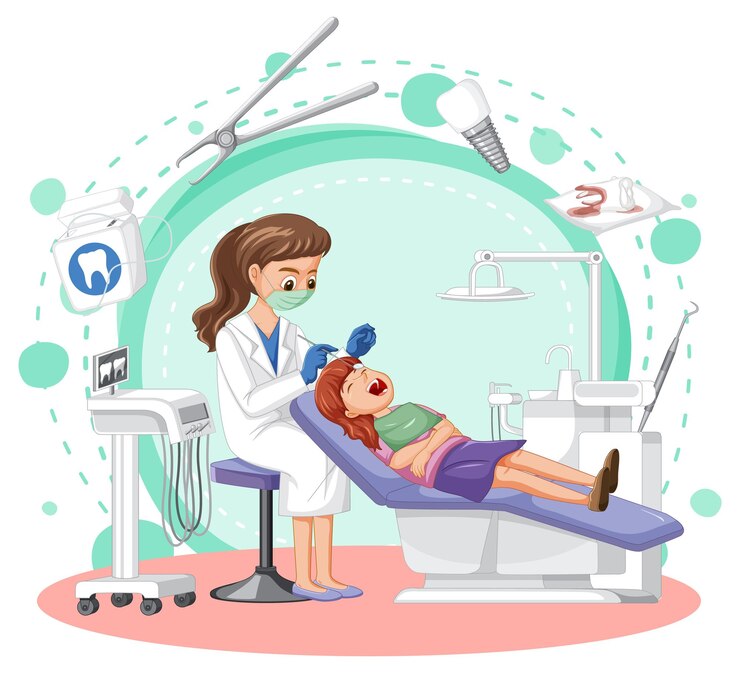Introduction
Attention Deficit Hyperactivity Disorder (ADHD) doesn’t end with academics; it often extends into the professional realm, posing unique challenges in the workplace. This article delves into the intersection of ADHD and professional life, offering insights into understanding, accommodating, and thriving in the workplace for individuals with ADHD.
The Workplace Impact of ADHD
Executive Function Challenges
ADHD can manifest in the workplace through difficulties with executive functions, including time management, organization, and task prioritization. These challenges may lead to missed deadlines, forgetfulness, and difficulties in maintaining focus during meetings. Recognizing these specific workplace hurdles is essential for both individuals with ADHD and their employers.
Creating an ADHD-Friendly Workplace
Flexible Work Arrangements
To support employees with ADHD, workplaces can implement flexible work arrangements. This may include adjustable schedules, remote work options, and the provision of quiet spaces to enhance concentration. These accommodations create an environment where individuals with ADHD can leverage their strengths and contribute effectively to their teams.
Communication and Advocacy
Open Dialogue
Effective communication is key to managing ADHD in the workplace. Employees with ADHD benefit from open dialogue with supervisors and colleagues about their unique needs and preferences. This transparency fosters understanding and allows for the implementation of reasonable accommodations, creating a more inclusive and supportive work environment.
Time Management Strategies
Productivity Techniques
Individuals with ADHD can employ various time management strategies to enhance productivity. Techniques such as the Pomodoro method, task prioritization, and the use of productivity apps can help individuals stay organized and focused. Employers can also provide training sessions on these strategies to empower their workforce.
Conclusion
Thriving in the workplace with ADHD requires a combination of understanding, accommodation, and proactive strategies. By acknowledging the impact of ADHD on executive functions, creating ADHD-friendly workplaces, fostering open communication, and implementing effective time management strategies, individuals with ADHD can not only succeed but also contribute meaningfully to their professional environments. Embracing neurodiversity in the workplace benefits not only individuals with ADHD but the entire team, fostering a culture of inclusivity and innovation.

